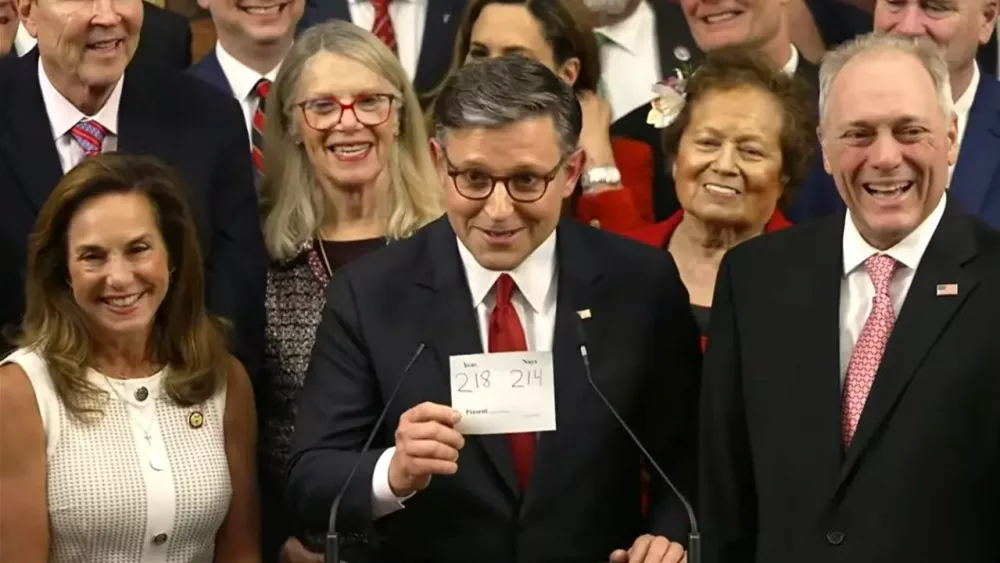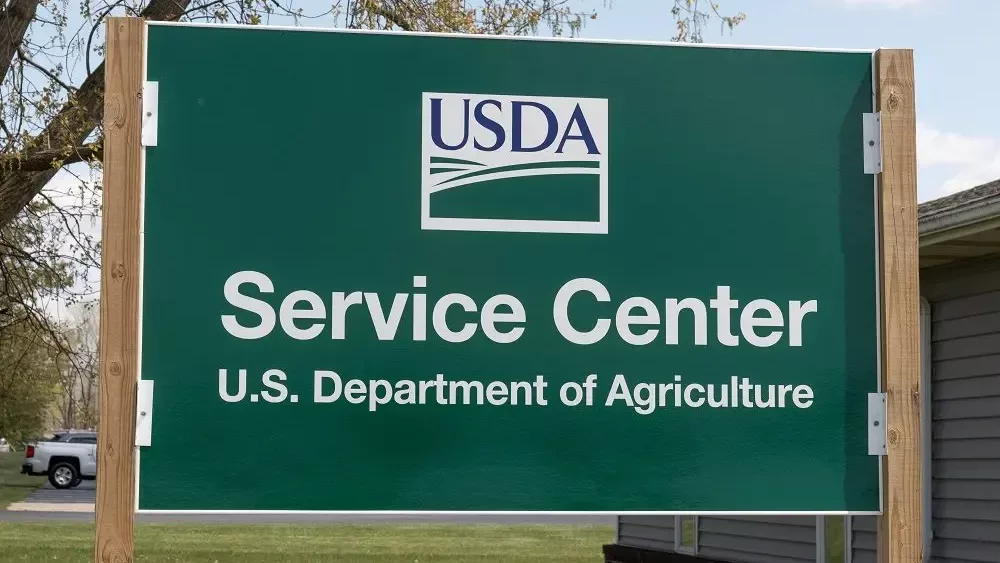The U.S. Department of Agriculture announced it is investing $330 million in 85 locally driven, public-private partnerships to address climate change, improve the nation’s water quality, combat drought, enhance soil health, support wildlife habitat and protect agricultural viability, including four projects in Michigan. Projects are awarded through the Natural Resources Conservation Service (NRCS) Regional Conservation Partnership Program (RCPP).
“The Regional Conservation Partnership Program is public-private partnerships working at their best,” said NRCS State Conservationist Garry Lee. “These new projects will harness the power of partnerships to help bring about solutions to natural resource concerns across the country while supporting our efforts to combat the climate crisis.”
Across America, producers are seeing the impacts from climate change. Farmers, landowners and local communities can be a major part of the effort to combat climate change.
Under the Biden-Harris Administration, USDA is engaged in a whole-of-government effort to combat the climate crisis and conserve and protect our nation’s lands, biodiversity and natural resources including our soil, air and water. Through conservation practices and partnerships, including those through RCPP, USDA aims to enhance economic growth and create new streams of income for farmers, ranchers, producers and private foresters. Successfully meeting these challenges will require USDA and our agencies to pursue a coordinated approach alongside USDA stakeholders, including state, local and Tribal governments.
About RCPP
Through RCPP, conservation partners work in collaboration with NRCS to help farmers, ranchers and forest landowners throughout the nation to implement systems that conserve water and soil resources, improve the health of wildlife habitats and increase climate resilience.
RCPP partners offer value-added contributions to amplify the impact of RCPP funding. These projects offer impactful and measurable outcomes. Throughout its history, RCPP has leveraged partner contributions of more than $1 for every $1 invested by USDA, resulting in nearly $3 billion collectively invested in natural resource conservation on private lands. The Department anticipates the investments made today will generate at least $440 million in additional conservation funds by communities and other partners.
Michigan 2021 RCPP projects include:
• Tri-State Western Lake Erie Basic Collaboration: Indiana, Michigan and Ohio State Departments of Agriculture propose to join forces with over 30 partners to help participating farmers improve soil health and reduce nutrient loading impacts in the Western Lake Erie Basin. The partnership will use sophisticated targeting tools to work with producers and landowners operating near the Maumee headwaters, an area identified as a source of high levels of excess phosphorus, with technical and financial assistance opportunities.
• Farmland & Water Quality Conservation Initiative: The Farmland & Water Quality Conservation Initiative aims to benefit the long-term economic, social, and environmental health of Ottawa County by protecting surface and groundwater quality and improving aquatic and wildlife habitat in the Macatawa, Lower Grand, and Pigeon River watersheds. Project partners plan to develop a watershed model using the USDA-developed Agricultural Conservation Planning Framework to identify lands where implementation activities targeting both surface and groundwater conservation would have the greatest impact.
• The Lake Erie Conservation Partnership will protect and conserve working agricultural lands vital to the overall health of Lake Erie’s waters, while also enhancing productive soils vital to the regional food system’s resiliency and security. Project partners intend to use the Great Lakes Water Management System to target conservation easement funding to prioritized lands and model the conservation outcomes of project activities. In addition, the partners intend to explore the potential to increase access to affordable farmland for Beginning and Socially Disadvantaged farmers.
• Through the Upper Tittabawassee River Regional Conservation project, Gladwin County, in collaboration with five partners, will work with landowners to address sediment impairment and degraded aquatic habitat associated with agricultural drainage channels. The project area targets Tittabawassee River tributary confluences located in economically depressed areas of Gladwin and Midland counties. Land management activities include the implementation of cover crops and the planting of herbaceous buffers comprised of cool and warm-season grasses and native nut and fruit-bearing trees.
See the interactive map of awarded RCPP projects.
There are currently 336 active RCPP projects that have engaged more than 2,000 partners. For more information, visit the RCPP website.
USDA touches the lives of all Americans each day in so many positive ways. In the Biden-Harris Administration, USDA is transforming America’s food system with a greater focus on more resilient local and regional food production, fairer markets for all producers, ensuring access to healthy and nutritious food in all communities, building new markets and streams of income for farmers and producers using climate smart food and forestry practices, making historic investments in infrastructure and clean energy capabilities in rural America, and committing to equity across the Department by removing systemic barriers and building a workforce more representative of America. To learn more, visit www.usda.gov.
Source: NRCS Michigan release





